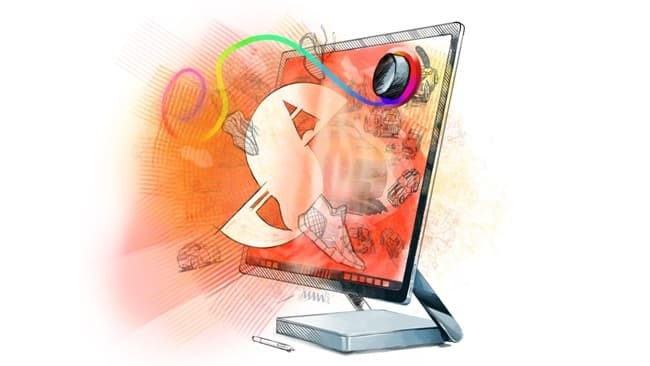Business Models in the Modern Market Place

Possibly the most controversial topic in App development today is Business Models. It is the most important issue facing software in 2016. The intersection of App sophistication and professional mobile hardware has created a unique moment in the software industry. Consumers feel uncertain what to expect when they download an app. Everything from distribution to software interaction is changing rapidly and it is difficult for consumers to keep up.
The most common consumer sentiment seems to be, “I just want to buy and own my software.” This comes from the good old days, when you could go to the store and buy software in a shrink wrapped box: one flat fee, no DLC, and no additional charge. This model worked for developers as well, because they could charge full price for each version. They were compensated for any additional work after the initial purchase when the consumer upgraded to the newest release. Duplicating this model in the current App Store would be impossible. Imagine the blow back if a developer released a 2.0 as a separate application and charged full price for it. For better or worse, the market has spoken and digital downloads are the future; this is no longer a feasible business model.
Another common misconception is that all digital media is the same. What’s the difference between downloading a song and an app? How can the movie and music industry work with a onetime charge, but software can’t? Simply put, software has a continual maintenance overhead. If you buy a song or movie, it will work indefinitely; however, software requires constant, diligent work. When hardware manufactures release a new device or driver, someone has to bring the app up to speed. This is why maintenance is the most expensive part of software development.
Coupled with the shift from physical to digital software sales, is an interesting yet basic piece of human psychology. Consumers are more willing to spend money on tangible products–and size matters. This psychology works out well for companies that make giant potato chip bags, where two thirds of the bag are air, but not so well for an industry moving from tangible to digital. While this has not been an issue for free or low cost viral applications, it has severely hindered professional productivity application development.
One potential solution for developers is to join the Tech Startup Bubble, where infusions of venture capital allow them to keep costs artificially low. When this happens, it becomes a race to get acquired or reach an ipo. This shifts the focus away from sustainable development onto download count, creating an environment that is impossible in which to build a long term product.
Devices like the iPad Pro and Surface Pro have proven that there is a space for professional mobile devices. The next logical step is for the software to follow suit, but large software companies will vehemently resist. Most are still piggybacking off of the aforementioned good old days, selling their desktop software for similar prices. Why would they work to overcome all of the hurdles of mobile market price perception, just to split 30% of the profits with Apple, Google, or Microsoft. Until now, these companies have treated mobile markets as a place to dump free “lite” versions of their software, to leverage users to convert to their desktop programs. This mindset will not change until forced by market forces and, by then, it will be too late.
The future is wide open. There is an opportunity for startups to invent the next wave of professional software: touch and stylus driven professional applications that creatives use for finished work.
For this to happen, it can’t be free, a dollar, or a onetime purchase. Developers have to be able to monetize their ongoing work. Otherwise, no one could justify updating applications. That leaves two business models, in app purchases and subscription. Consumers are justifiably hesitant to embrace these models, mainly because of past abuse.
With in-app purchases, the key is consumable versus durable. Consumable allows nefarious companies to create software that profits off “addiction,” rather than the joy or utility it provides. However, durable in-app purchases provide developers an avenue to profit off the maintenance and addition of features to an application. This model provides the best of both worlds, the convenience of the digital download, the pride of ownership a purchase should provide, and the sustainability to fund quality development.